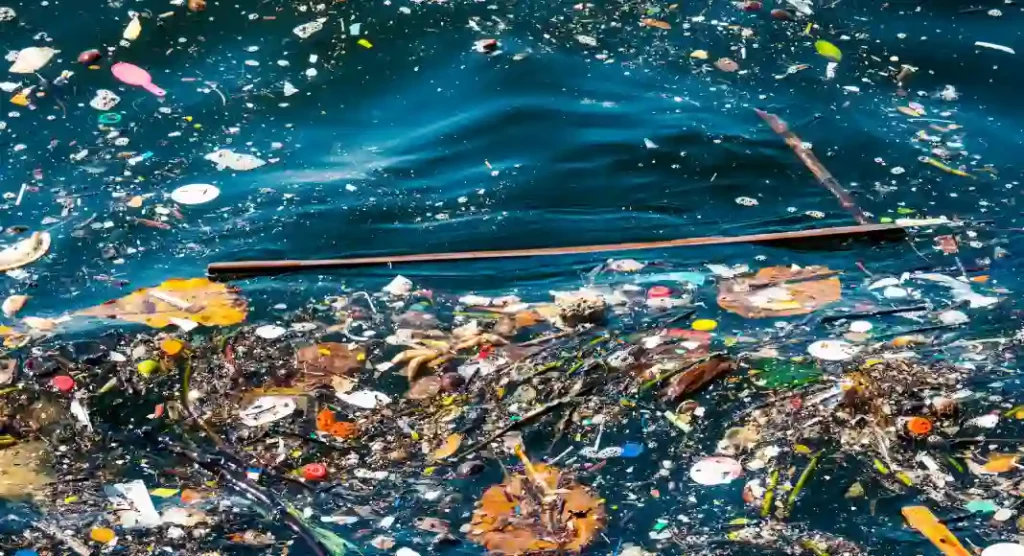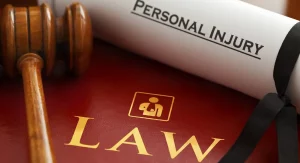Can You Sue for Contaminated Water? 10 Tips for Doing So
By TOI Desk Report
September 14, 2022
Update on : September 14, 2022

Drinking clean water is the right of every human. Water hydrates your body helps with digestion, and maintains your blood pressure. Unfortunately, there can be times when your water is not safe to drink. In fact, many cases of contaminated water have made their way into the news over the years. If you live in an area where contaminants such as lead or E. coli, or other pollutants have been found in your drinking water, you may wonder if you can sue for contaminated water and what steps you should take next. Read this article to discover what to do to sue for contaminated water.
Collect Evidence of the Contaminated Water
The evidence may include pictures or videos of the polluted water, lab results if you had your water tested, and any medical records if you have become ill from drinking the contaminated water. This evidence will be crucial in proving that the water was indeed contaminated and that you suffered harm as a result.
Identify Who is Responsible for the Contamination
To consider suing over contaminated water, you must identify who is responsible for the pollution. This may be a governmental entity, a corporation, or an individual. If the responsible party is a governmental entity, you may have to follow specific procedures to file a lawsuit.
Determine if You Have a Case
After you have gathered evidence and identified the responsible party, you need to see if the case can go to court. To do this, you will need to consult with an experienced attorney suing for contaminated water. They will be able to review your evidence and let you know if they think you have a case. The attorney will also be able to:
- Fight your case in court: They will work to get you the compensation you deserve for the harm you suffered.
- Get the responsible party to clean up the contaminated water: In some cases, the attorney may be able to get the responsible party to agree to clean up the polluted water without going to court.
File a Complaint
If your attorney determines that you have a case, they will help you file a complaint against the responsible party. The complaint will allege that the defendant contaminated your water, and as a result, you suffered harm. It will also set forth the damages you seek, such as medical expenses, lost wages, and pain and suffering.
Serve the Defendant
Once the complaint is filed, it must be served on the defendant. This means that someone has to hand a copy of the complaint to the defendant or their attorney. The person who serves them will fill out a proof of service form, indicating when and how they served the defendant. Moreover, they will submit proof of service to the court, which will be filed with the complaint.
Engage in Discovery
Once the complaint has been filed, the parties will engage in discovery. This is a process by which each party can obtain evidence from the other side. It can include interrogatories, depositions, requests for production of documents and things, requests for admission and more. Staying patient is important during this process because it can be lengthy. The parties may also engage in settlement negotiations at this time.
Go to Trial
If the parties cannot settle their dispute, they will go to trial. At this time, both sides will present evidence and witnesses. The judge or jury will then hear from each side and decide.
Collect Your Damages
Once the jury has decided in your favor, you must collect your damages from the responsible party. Suppose the responsible party does not voluntarily pay you. In that case, you may need to file a motion with the court asking that your judgment be entered into the public record. This will allow you to begin collecting your damages through wage garnishment or asset seizure.
Appeal the Decision
If you are not happy with the decision of the jury, you have the right to file an appeal. An appeal is a request for a higher court to review the lower court’s decision. The appellate court will not re-try your case, but they will review the record to see if any legal errors were made during the trial. They may reverse the jury’s decision or order a new trial if they find legal errors.
Stay Positive
Suing for contaminated water can be a long and difficult process. It is important to stay positive and to trust in your attorney. If you do, you will increase your chances of success.
Final Word
These are important tips to help you sue for contaminated water. If you have been harmed by polluted water, you must speak with an experienced attorney as soon as possible to discuss your case. Keep your cool and follow the tips mentioned above. Good luck!















